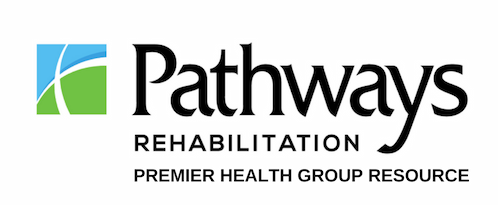Diacetylmorphine is an opiate analgesic that has a bitter taste and a bitter odor. When these two ingredients are mixed, it forms diacetylmorphinol, which becomes a cough suppressant for individuals who use this drug. As mentioned previously, it is at this stage where the separation between the two chemicals is obtained, and it is when this substance becomes addictive.
When this substance is abused, it is very easy to obtain. In fact, there are many places where this drug can be obtained, such as medical institutions, clinics, or from friends. In order to avoid this harmful effect of diacetylmorphinine, addiction treatment is necessary.
Drug rehabilitation centers and drug treatment centers offer addiction treatment for this substance abuse. When this substance is abused, there are several symptoms that can occur. Some of these include coughing and wheezing, shortness of breath, constriction of the airways, and insomnia. The symptoms also include anxiety, agitation, and mood swings. These symptoms can occur at any time for people who do not receive the treatment they need, and this leads to the development of addiction.
Dependence on diacetylmorphinine is one of the most serious consequences of substance abuse. Because of its ability to produce both physical and mental effects, addiction can occur quickly. However, once the effects are gone, the drug abuser must begin the process of getting rid of this habit.
Most addiction treatment centers offer a variety of methods to help the patient overcome his or her dependence on this drug. In some cases, treatment centers offer medication in order to provide relief to the patient of the cravings that come along with the abuse of this substance. In other cases, patients attend meetings with counselors and therapists in order to learn about what triggers their cravings for diacetylmorphinine and how to deal with them. Finally, in other cases, addicts will undergo a 12-step program that helps them realize that they have a problem with this substance, and work toward getting over the addiction. as, well.
Addiction treatment centers will provide counseling and group meetings for patients in order to make them aware of their triggers and how to overcome their substance abuse. Even after the completion of addiction treatment, patients are provided with medication in order to maintain their health and maintain an environment that will enable them to remain free from this substance abuse. This can include medications, detoxification or detoxifying facilities, and counseling sessions.
While in drug rehab, patients are given the opportunity to make sure that they do not get back into the addictive cycle of substance abuse. During detoxification, doctors may be given injections of detoxifying drugs, or they may be injected with drugs. Patients should be kept out of direct sunlight for a period of time, as the sun could cause permanent damage to their skin.
Once in a drug rehab center, patients are taught about their triggers and how to avoid them. They are also taught how to manage their symptoms and the withdrawal symptoms of this substance. Once in a drug rehab, they are taught how to deal with their symptoms, while trying to stop using the substance in a healthy way.
When patients go through this process, they are taught about drug rehab programs and how to keep from relapsing. In the beginning stages of the process, the patient is taught how to deal with his or her symptoms and try to stop using this substance as soon as possible. The program will help the patient deal with the feelings of depression that come along with being dependent upon this substance.
Patients will then learn how to cope with the effects of substance abuse, such as irritability and depression. These are the effects of withdrawal from this substance and how to face these effects.
After the completion of the rehab process, the patient will be able to deal with this substance without any side effects and can go on to lead a normal life without the cravings and withdrawals associated with the abuse of this substance. He or she will be taught coping mechanisms that will help them deal with these effects in a healthier way.
Most rehab programs will offer the use of medication in order to give the patient the ability to keep from relapsing after the completion of the process. However, when a person has relapsed, the medication will still be there to help them. Although medication is sometimes used for this purpose, it is a much more effective way to treat this substance abuse than other methods.
